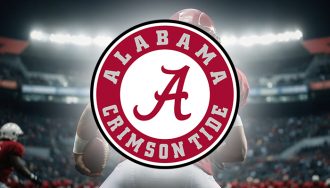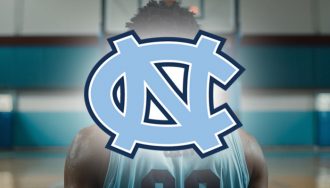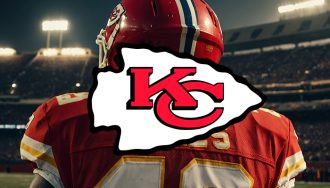 Betting Bill Fails to Get Past Alabama Conference CommitteeRead Article
Betting Bill Fails to Get Past Alabama Conference CommitteeRead Article Lisa SpencerMay 18, 2024
Lisa SpencerMay 18, 2024
Reviewing the early projections made for the potential of sports betting in Mississippi, additional gross gaming revenue on the sports wagering market was predicted to be from $60 to $100 million. Additional benefits were predicted to include visits to local restaurants, overnight stays at Mississippi casinos, customer play at table games and slots, and more.
In 2017, Oxford Economics conducted a study for the American Gaming Association which concluded legal sports betting in Mississippi could account for an additional $197.2 million in the Gross Gaming Revenue (GGR) for the state and both a direct and indirect increase in both employment and indirect income.
The Global Market Advisors conducted another study in 2017, which pegged the Mississippi sports betting market somewhere between $13.1 million and $65.4 million. Then in 2018, Gambling Compliance Outlook showed that GGR for the Mississippi sports wagering market would be $56.1 million.
Also in 2017, the total US market for sports betting was estimated by Eilers & Krejcik Gaming to be around $6.03 billion by 2023. Rough calculations using that total number show that the Mississippi share of that market in sports wagering could be as high as $325 million.
So, who was closest to the mark?
Although the sports wagering and total GGR numbers for July have not yet been reported, the sum for the first year of GGR from sports wagering will be approximately $32 million, which is under any of the projections described above. However, that does not tell the whole story.
The Mississippi Gaming Commission only reports the numbers of its commercial casinos. These do not include any sports betting revenue from the three casinos run by the Mississippi Band of Choctaw Indians. The Choctaws have made no public reports on any of the numbers from their operations, but research shows they are very pleased with their sports betting profits.
On the other hand, the raw numbers for sports wagering in Mississippi commercial casinos do not meet some of the expectations. The period from August 1, 2018, shows an overall increase in GGR for commercial casinos when compared with the data from the previous year. While the first twelve months of sports betting is estimated at $32 million, the increase in GGR for Mississippi is actually $104 million, which can only be attributed to sports wagering.
Boyd Gaming CEO Keith Smith said sports betting can draw “new and younger customers” and drive “incremental traffic … that supports the casino,” which can only result in boosting both gaming and non-gaming profits.
The prospects for mobile sports betting in Mississippi are restricted because gaming laws permit mobile wagering only in casino properties. The Choctaws also implemented mobile sports wagering, but no commercial casinos in Mississippi have yet done that. A single casino geofencing test has taken place for mobile gaming in Mississippi, but no one is yet offering it to the public.
Although sports betting is not considered a panacea for the issues the Mississippi gaming industry is facing, it definitely helps the situation. With the new SEC football season just around the corner, the future of sports wagering in Mississippi looks bright.
I’ve noticed a significant amount of foot traffic in casinos. The operators have told me how many more people are coming in, especially people they haven’t seen in a while. It’s a different clientele, probably a little younger, people who love sports. We know football is key here in the south, especially college football.
Commission Executive Director Godfrey
 Betting Bill Fails to Get Past Alabama Conference CommitteeRead Article
Betting Bill Fails to Get Past Alabama Conference CommitteeRead Article Lisa SpencerMay 18, 2024
Lisa SpencerMay 18, 2024 North Carolina Lawmaker Introduces Bill to Ban College Prop BetsRead Article
North Carolina Lawmaker Introduces Bill to Ban College Prop BetsRead Article Lisa SpencerMay 15, 2024
Lisa SpencerMay 15, 2024 November Referendum on Sports Betting Likely in MissouriRead Article
November Referendum on Sports Betting Likely in MissouriRead Article Lisa SpencerMay 13, 2024
Lisa SpencerMay 13, 2024